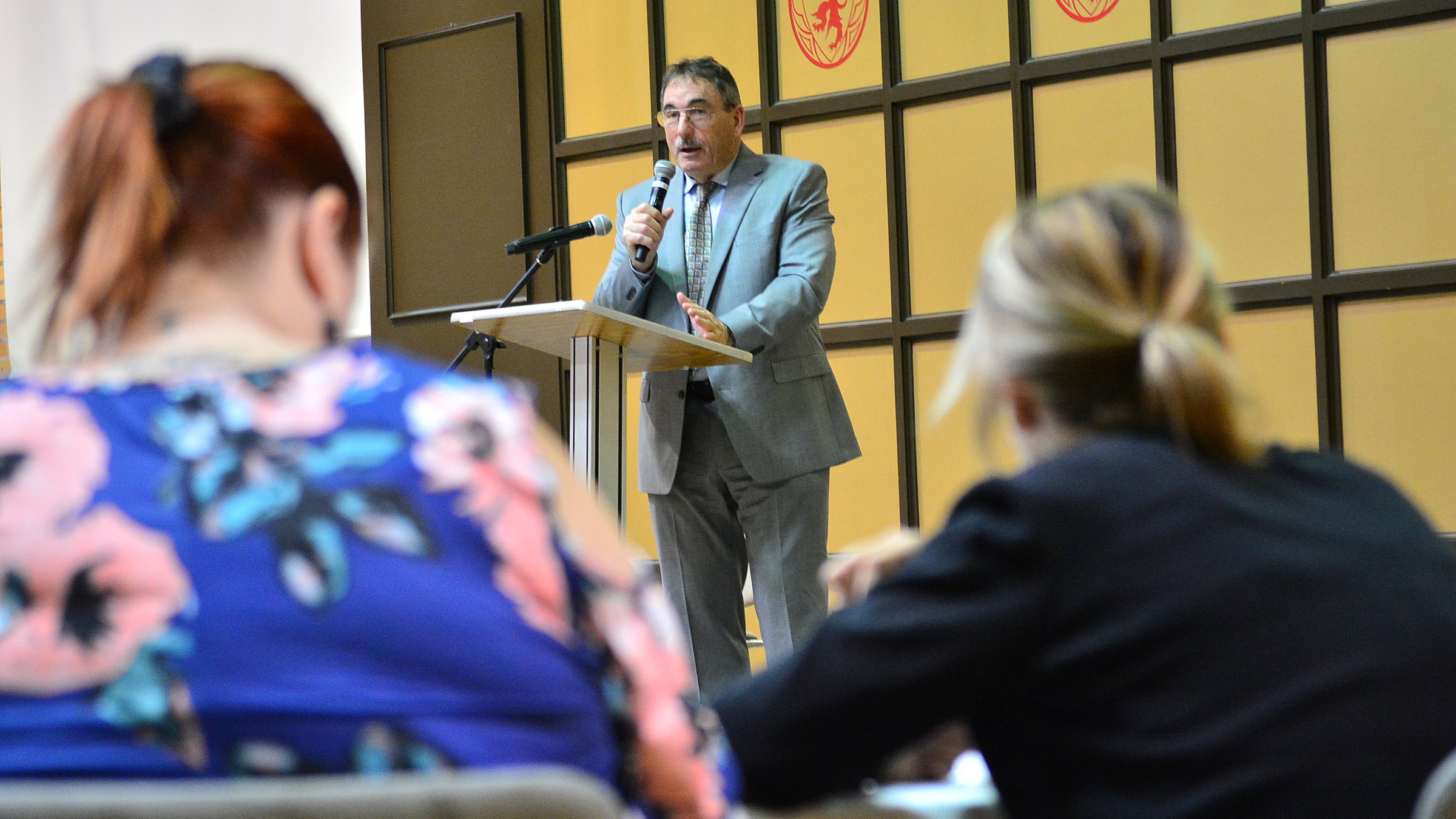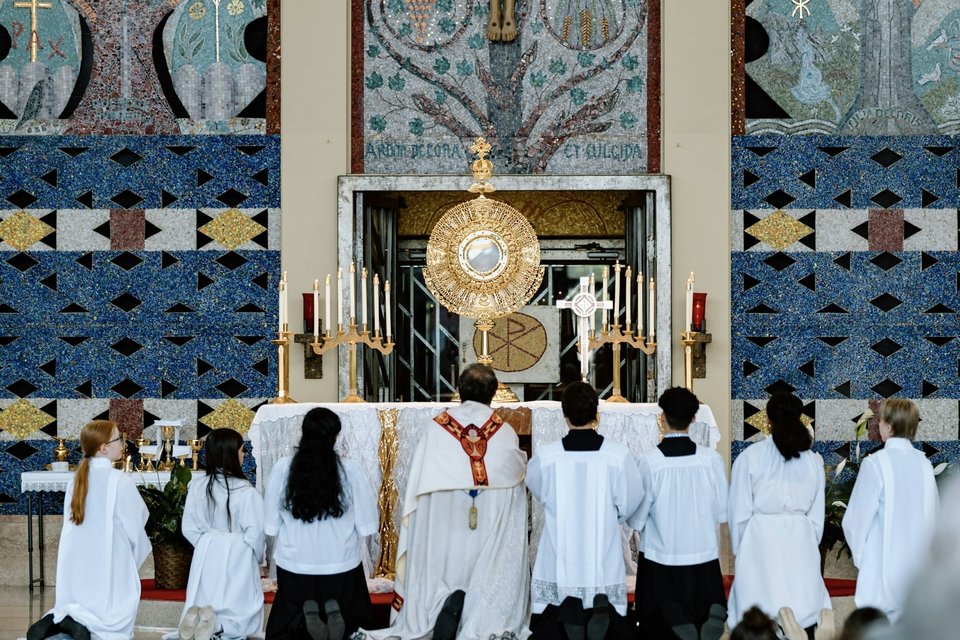'The Purgatory Lady' Susan Tassone and Dr. Michael Casey urge prayers for, to loved ones awaiting heaven: 'He allows us to help'
DETROIT — According to author and renowned purgatory expert Susan Tassone, Blessed Solanus Casey once taught that the holy souls in purgatory “hardly ever fail” when their prayers are called upon by the faithful on earth.
With nothing else to do but intercede — and to glorify God, in whose presence they long to be united — the holy souls’ intentions are powerful, and they delight in offering prayers for the living, just as they themselves need prayers to achieve their ultimate destination in heaven.
But unfortunately for them and for us, they are frequently forgotten, even by the loved ones they leave behind.
“It’s true, their prayers hardly ever fail,” Tassone said. “Especially your friends or family members who are in purgatory, they’re the one who are looking out for you and interceding and praying, giving you inspiration to avoid sin. They’re concerned about your salvation.”
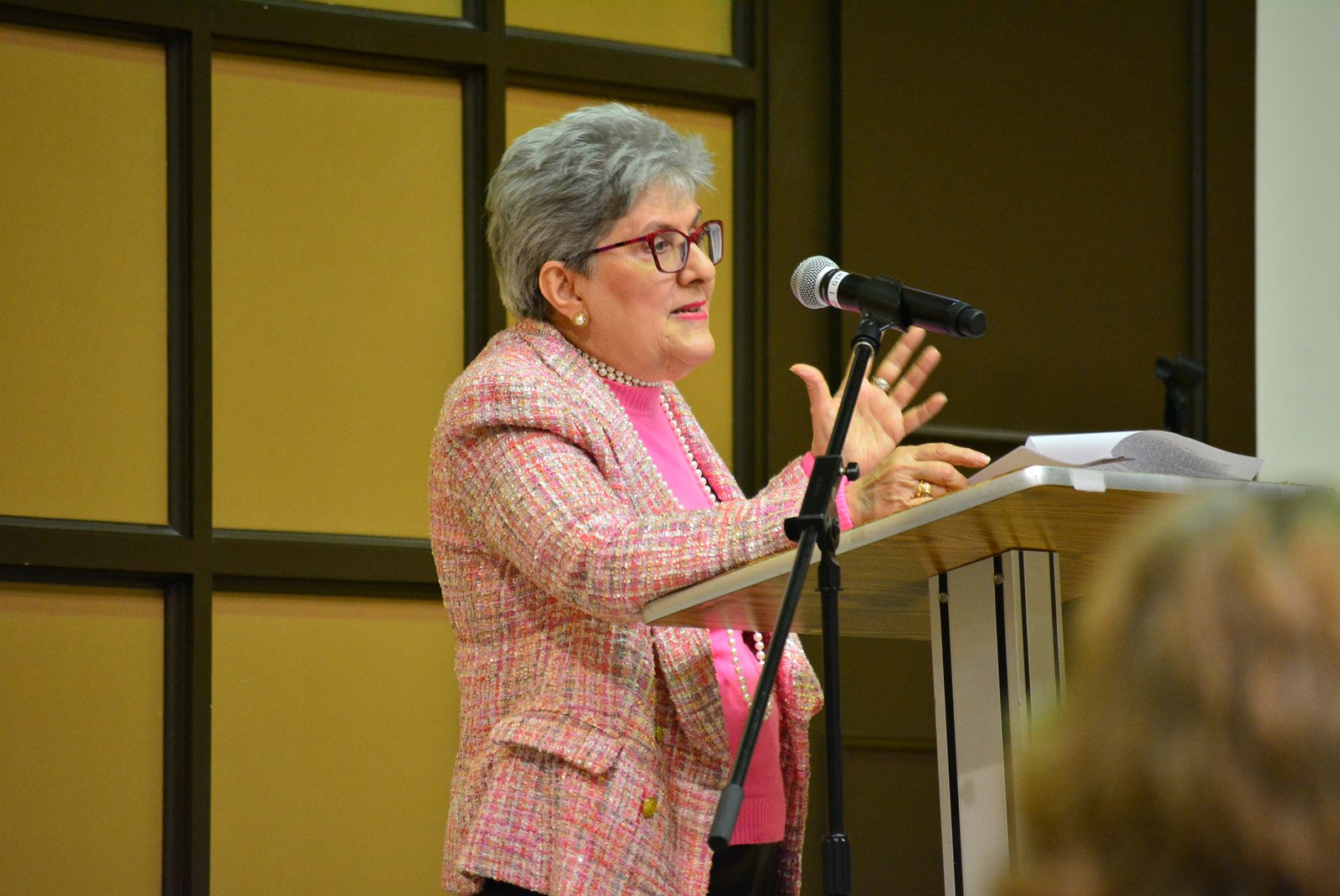

Tassone, the best-selling author of 11 books on purgatory and a frequent speaker and guest on national Catholic television and radio programs, was joined by Dr. Michael Casey, the great-nephew of Blessed Solanus Casey, during a Sept. 21 event at Sacred Heart Major Seminary sponsored by the Confraternity for Holy Souls, a local apostolate dedicated to praying for the souls in purgatory.
The workshop, which focused on the lessons of the saints regarding the power of intercessory prayer for those in purgatory, was preceded by a blessing with a relic of Blessed Solanus and a healing Mass led by Fr. Jeffrey Day, the confraternity's chaplain.
The souls in purgatory are both “holy” and “poor,” Tassone explained — two words that might seem contradictory — because of the state they’re in: assured of heaven's bliss, but having not yet attained it.
“They’re called ‘poor’ because they’re in the most dreadful state of poverty: they’ve lost sight of God. They don’t know when they’ll be released (from purgatory), and they can no longer merit,” Tassone said. At the same time, she said, “they’re called ‘holy’ because they can no longer sin. They’re confirmed in grace, and they know they’re saved.”
Souls in purgatory are those who have died in sanctifying grace — their sins have been forgiven by God — but have not yet been perfected from the stains and damage of those sins, Tassone explained. Because “nothing unclean will enter heaven” (Rev. 21:27), those stains must first be purified by God before a soul may enter the presence of God, even though the eternal guilt from those sins has been washed away.
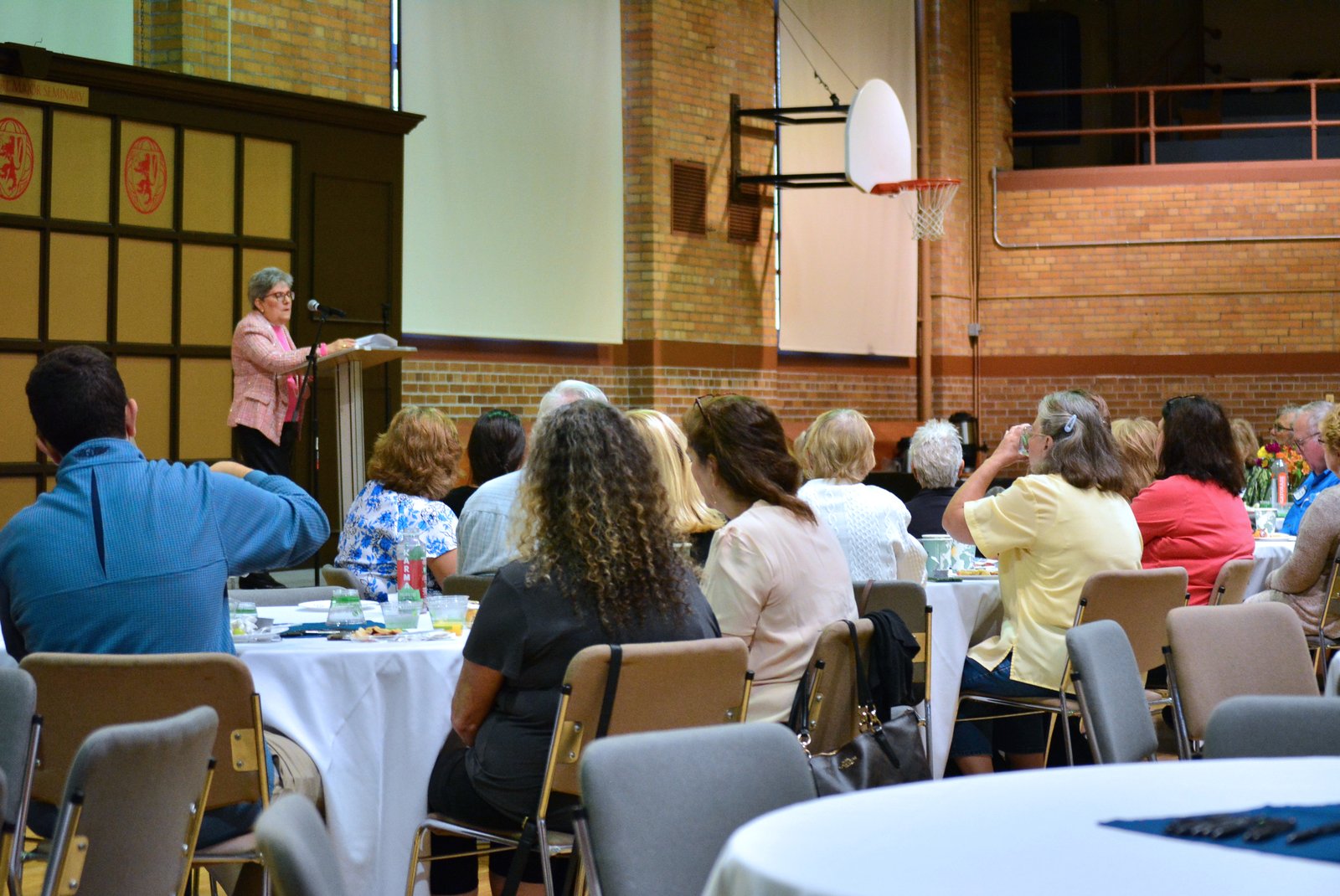
On earth, the faithful are given many opportunities to make amends for their sin — such as doing penance, receiving an indulgence or performing acts of charity or mercy — but in purgatory, only one option remains: prayer, Tassone said.
What’s more, a soul in purgatory cannot pray for him or herself — which is why they both rely on and earnestly seek to help those on earth.
“The holy ones love God with great intensity and are happy when they’re doing the will of God,” Tassone said. “And we’re they’re only deliverers. For whatever reason, God gives us the power and privilege to relieve and release them. Heaven encourages them, and we deliver them. He allows us to help them merit (heaven) through our Masses and our rosaries.”
Many of the saints — including Blessed Solanus Casey and St. Faustina — had strong devotions to the holy souls in purgatory, and encouraged the faithful to both pray for and request the prayers of loved ones who had gone before them. Because the souls in purgatory are closer to God than they've ever been, their prayers are particularly powerful — and they become more powerful as they approach union with God.
St. Faustina, in particular, was known for visiting cemeteries to pray for the souls of the faithful departed, with whom she would often converse, Tassone said.
“There’s not one saint I’ve ever (studied) who did not have a deep devotion to the souls,” Tassone said. “It was a priority for Mother Teresa, to St. Faustina, to Catherine of Genoa, to Padre Pio and Pope St. Gregory — they all had this great love for the souls in purgatory.”
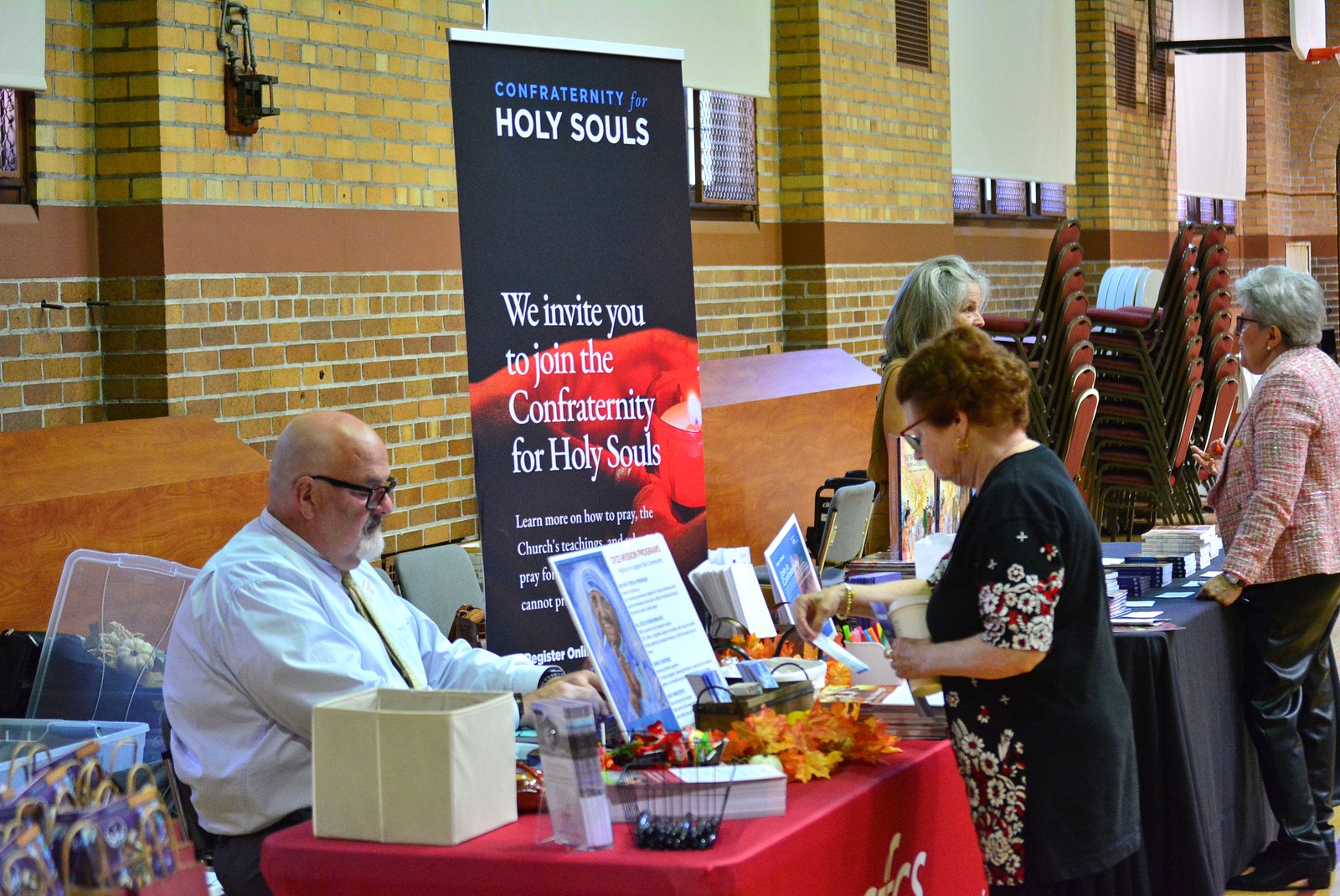
Detroit’s own saint, Blessed Solanus Casey, continually emphasized the need to pray for those in purgatory, according to his great-nephew, Dr. Casey, who flew in from his home in Washington state to speak at the workshop.
Dr. Casey, a dentist who has served in the U.S. Navy Dental Corps and in more than 30 overseas missions, spoke about the lessons he took from his great-uncle’s ministry, in particular his reliance on the communion of saints, including the souls of those who have departed in God's favor.
“We forget so often the people who have gone before us,” Dr. Casey said. “We forget the parents, the grandparents, the aunts, the uncles, the neighbors, the priests who brought us the sacraments. It’s so easy to forget them. No matter what their vocation was, they could be in purgatory for a long time.”
Such souls long to be united with God, but they lack the ability to pray for themselves, which makes the prayers of those on earth so important. The holy souls frequently intercede for their living relatives, he said.
Dr. Casey highlighted the importance of frequent confession, Mass and adoration, which both keeps one’s own soul free of sin and conforms oneself to the will of God — something his great-uncle instinctively knew and frequently advised those who came to see him.
“Blessed Solanus believed in the communion of saints, and I think his most beautiful prayer was that he would start in adoration before the Blessed Sacrament, either reposed or exposed, and he would be there after an 18-hour work day, seeing as many people as he could, for as long as it took,” Dr. Casey said. “He took those prayers to the Lord in his own personal prayers.”
Blessed Solanus’ emphasis on confession wasn’t an accident, Dr. Casey said. When people came to him with prayer requests, he would tell them to make a good confession before asking God for their intentions.
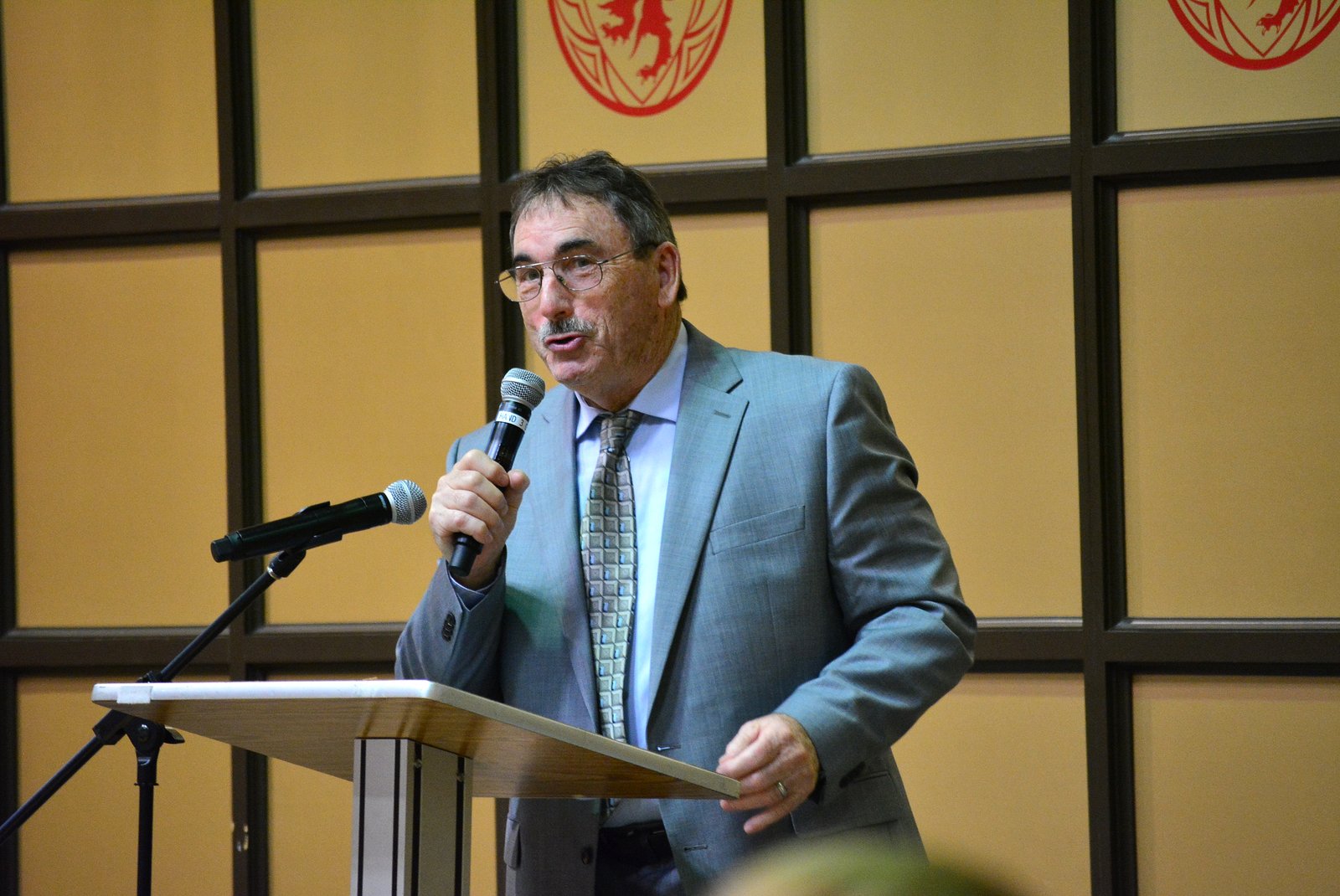
He knew it wasn’t just a good, pious practice, but a necessity, Dr. Casey said.
“What is the only thing that blasphemes God himself? It’s the failure, the resistance to say, ‘I’m sorry, God, that I have offended You.’ It’s the failure to confess our sins,” Dr. Casey said. “The unforgiveable sin is to blaspheme the Holy Spirit by saying, ‘Thanks God, I’ve got it from here. I don’t need to confess.’ Go to confession.”
The greatest saints, Dr. Casey said, went to confession weekly or more and were acutely aware of how their sins — even the smallest sins — offended God. But they also knew the overpowering mercy that was offered by Jesus in the sacraments.
Souls in purgatory are similarly aware of the effects of their sin and long to be united with God, and because of this, they pray fervently for those on earth to avoid sin and avail themselves of God's grace before it's too late, Dr. Casey said. At the same time, they are aware of their own need for prayer in order to reach their ultimate goal.
In His wisdom and mercy, God allows such mutual prayers to be efficacious to encourage the faithful on earth and in purgatory to pray with and for one another, building up the communion of saints.
With that in mind, Dr. Casey scanned the room, and issued a challenge to the nearly 120 people in attendance.
“There’s enough people here that over a lifetime, maybe we could empty purgatory with our prayers,” Dr. Casey said. “Wouldn’t that be cool? Let's empty purgatory.”
Offering a prayer to his great-uncle, whose cause for canonization is currently being considered in Rome, Dr. Casey asked for a little help in that quest from a powerful intercessor.
“I’m blown away by how active Blessed Solanus is right now,” Dr. Casey said. “Father Solanus, I know you’re listening right now to all these people here who have come to share your story and that of the holy souls. So please, answer their prayers today.”
Confraternity for Holy Souls
In A Call to Prayer: A Pastoral Note on Praying for the Souls in Purgatory, Archbishop Allen H. Vigneron calls for the entire Archdiocese of Detroit to pray for the souls in purgatory by forming chapters of a Confraternity for Holy Souls in each Family of Parishes. It is through the work and ministry of these chapters that we hope that our local Church in southeast Michigan will grow into an active community of intercessors praying regularly for the souls in purgatory.
Learn more about the Confraternity for Holy Souls at aod.org/holysouls.
Copy Permalink
prayer and devotion


